
09 Mar 2025

Welcome Home Freckles
After four years away, Huiju returns home to South Korea. Exchanges with her loved ones are awkward and clumsy. Huiju turns once again to her familiar rituals: pruning the trees, preparing a sauce, tying a braid.
Pimentinha
Professora Ale Matt
Professora Catarina
Contramestra Brisa do Mar
ela mesma
ela mesma
Mestra Preguiça
Contramestra Tartaruga
Nildes Sena
ela mesma
ela mesma
Contramestra Lilu
Nalvinha
Professora Negona
Mestra Ritinha
ele mesmo
Professora Princesa

09 Mar 2025

After four years away, Huiju returns home to South Korea. Exchanges with her loved ones are awkward and clumsy. Huiju turns once again to her familiar rituals: pruning the trees, preparing a sauce, tying a braid.
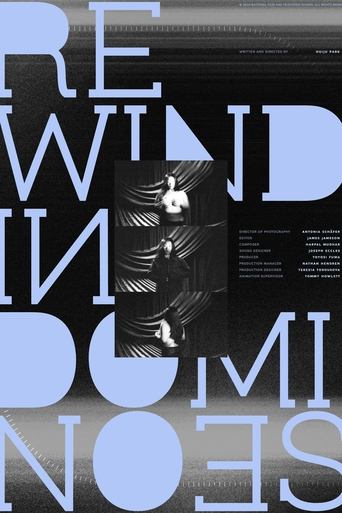
07 Mar 2025

In her attempt to escape her past, Huiju relocated to the UK over 11 months ago. However, even after moving to a new country, she found that her nightmares from Korea continued to haunt her. Determined to move forward, she made the decision to confront her memories head-on in a very contemporary way, using dating apps to push the boundaries she had set due to her sexual trauma.

08 Mar 1973

In this feature-length documentary, six teenage girls, aged 14 to 16, agree to open up and have their private worlds invaded by the camera. They have to face problems that they intend to take on "to the end": early experience of sexuality, belonging to a gang, relationships with parents, social tolerance, friendship... They live tender and pure lives in their own way.
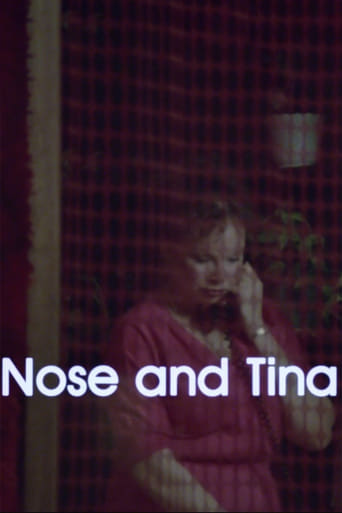
01 Jan 1980

Nose and Tina are a couple in love. The film captures the domestic details of their life together and documents their hassles with work, money and the law. The unusual bit: He is employed as a brakeman, and she as a sex worker.

26 Apr 1985

No overview found

04 May 2024

Departing from peripheral details of some paintings of the Bilbao Fine Arts Museum, a female narrator unravels several stories related to the economic, social and psychological conditions of past and current artists.
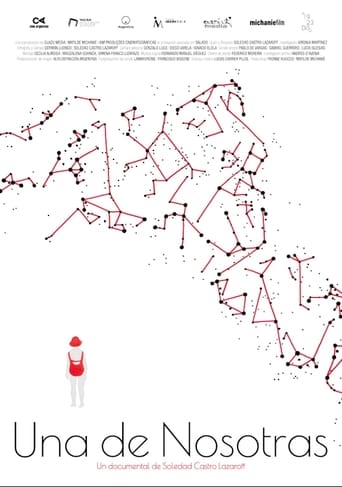
24 Oct 2019

For more than forty years, Belela Herrera has dedicated her life to saving that of others. The politically persecuted, those displaced by civil wars, and the world's refugees are her concern and vocation. Her story is also that of a woman who defined herself and twisted the destiny reserved for girls of her social class: marrying to a man from high society, having a large family and a comfortable and elegant existence . And it is also the story of a female legacy that is part and consequence of the invisible resistance of thousands of women.
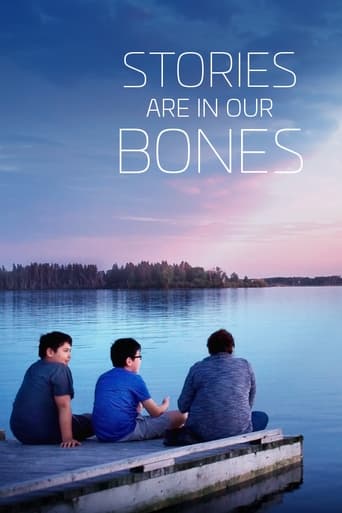
08 Mar 2020

In this layered short film, filmmaker Janine Windolph takes her young sons fishing with their kokum (grandmother), a residential school survivor who retains a deep knowledge and memory of the land. The act of reconnecting with their homeland is a cultural and familial healing journey for the boys, who are growing up in the city. It’s also a powerful form of resistance for the women.
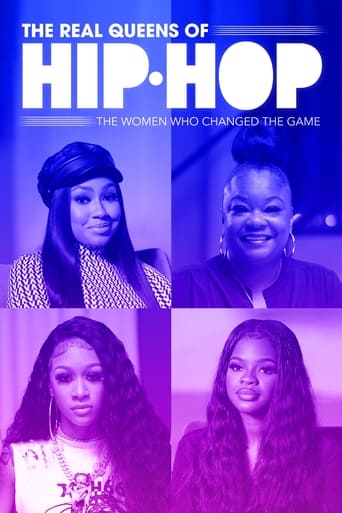
18 Oct 2021

An intimate look at the evolution and impact of women emcees and rappers, told by the trailblazing artists who helped create a musical and cultural empire.
Dadi manages an extended family in Haryana, Northern India, where daughters-in-law face loneliness and unrealistic expectations. The film delves into family dynamics, highlighting Dadi's firm control amidst tensions. Social and economic shifts challenge traditional values, exemplified by Dadi's son marrying outside the village. Despite clinging to tradition, Dadi adapts to her children's modern aspirations. This narrative reflects the clash between generations and gender roles in 1980s rural India, offering insight into the evolving concept of family.
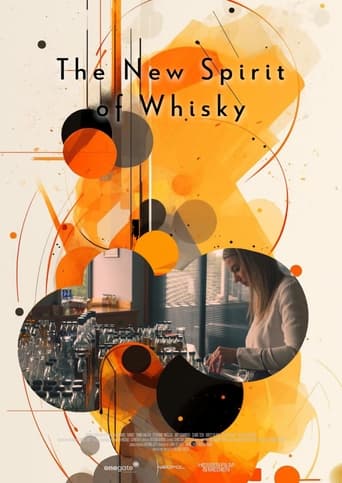
20 Apr 2024

A closer look at the underestimated role of women in the current Whisky industry in Scotland
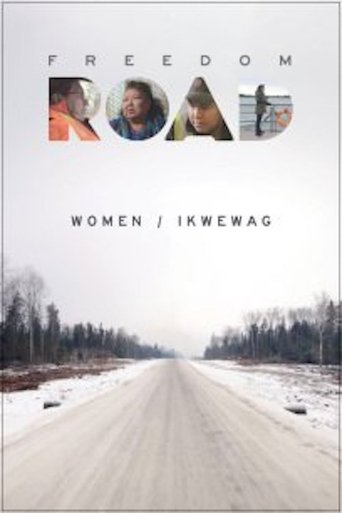
01 Jan 2019

Shoal Lake 40 women talk about their struggles, and those of their parents and grandparents, in trying to raise their families in a hazardous state of enforced isolation. Everyone in the community has a harrowing story of a loved one falling through the ice while trying to get across the lake, with pregnant women and new mothers fearing for their babies and having no choice but to make the trek in dangerous conditions. The film shows the key role of the community’s women in demanding funding for the road from three levels of government, and how their reconnection to culture and ceremony give them the strength to keep going.
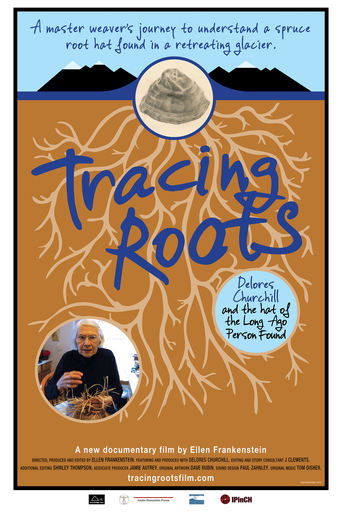
01 Oct 2014

A new documentary that follows master Haida weaver Delores Churchill on a journey to replicate a spruce root hat discovered with the Long Ago Person Found. The 300-year-old traveler was discovered in British Columbia and DNA testing discovered living descendants in Canada and Alaska. Her search crosses cultures and borders, and involves artists, scholars and scientists. The project raises questions about understanding and interpreting ownership, knowledge and connection.
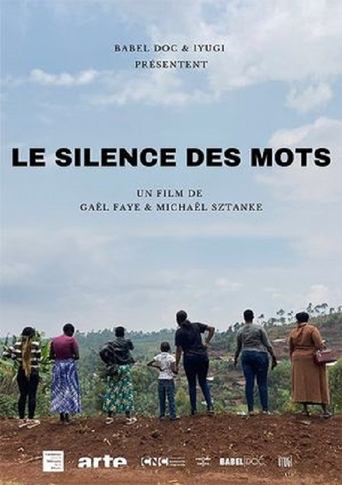
23 Apr 2022

Their words had never been heard before. Co-directed by French-Rwandan musician and author Gaël Faye and director Michael Sztanke, this movie records with sensitivity and for the first time the testimonies of Prisca, Marie-Jeanne and Concessa about their lives during the genocide and after. The three Tutsi women tell the camera about their daily lives during the genocide and in the refugee camps of Murambi and Nyarushishi, where they lived a nightmare under the guard of the French soldiers of the Opération Turquoise who, under a UN mandate, where supposed to protect them. While the French army denies any rape accusation, the three women filed complaints with the French justice system in 2004 and 2012. The investigation is now at a standstill.
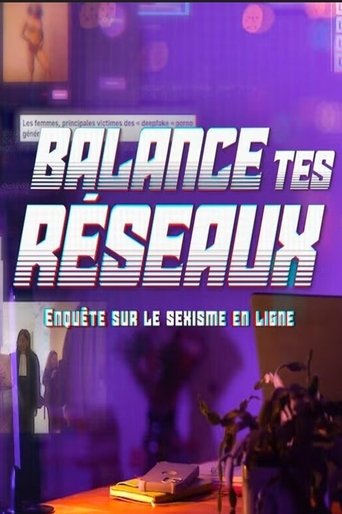
14 May 2024

No overview found
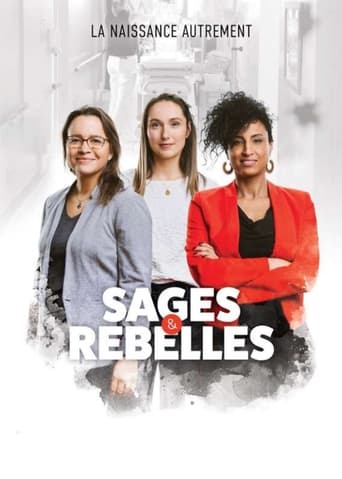
04 Mar 2023

A look at the daily life of midwives across Quebec.
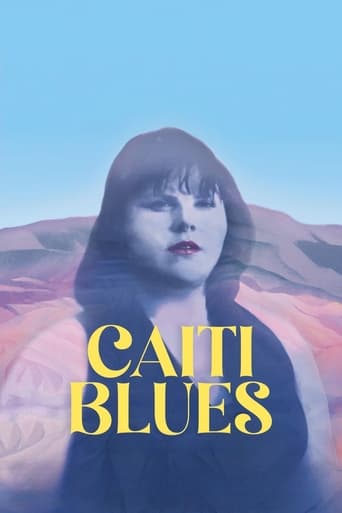
19 Jul 2023

Caiti Lord had always dreamt of being a singer. A born-and-bred New Yorker, she studied at the best music schools and performed on Broadway. Her future was sparkling bright . . . But today, the only thing that glitters is the snow that falls on the desert. Self-exiled in Madrid, New Mexico, far from the glitz and glamour of the Big Apple, Caiti’s looking for a way forward. In this former ghost town, surrounded by mountains and old hippies, between her day job slinging drinks to tourists and the sleepless festive nights, her life is slipping by. That’s the story she tells each day on her radio show. As the United States sinks into madness and the world turns terrifyingly absurd, Caiti feels increasingly suffocated. She’s about to turn 30 and her future has never felt so uncertain. How can she find her way back to a place of meaning and self-expression?
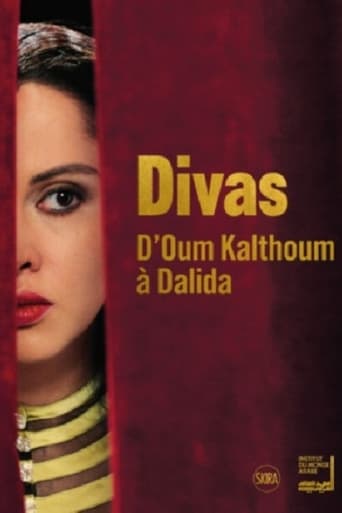
26 Aug 2021

No overview found
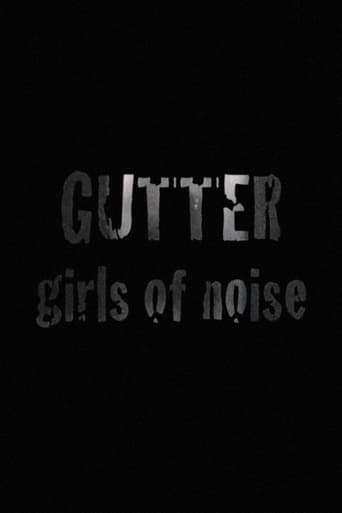
11 Nov 2008

In April 2008, LRS toured across the USA and met some amazing female noise artists. This is what it is like to be a girl of noise.
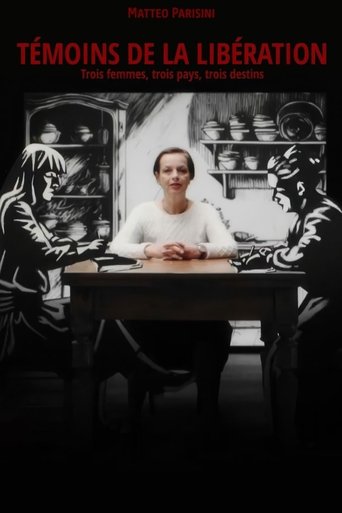
06 May 2025

The end of World War II brings Europe a new political system, reshapes national and personal identities. Three women from Milan, Paris and Berlin report on the days of liberation in their diaries. Their personal stories expand the historical picture and make LIBERATION DIARIES a chronicle of female self-empowerment, resistance and resilience.